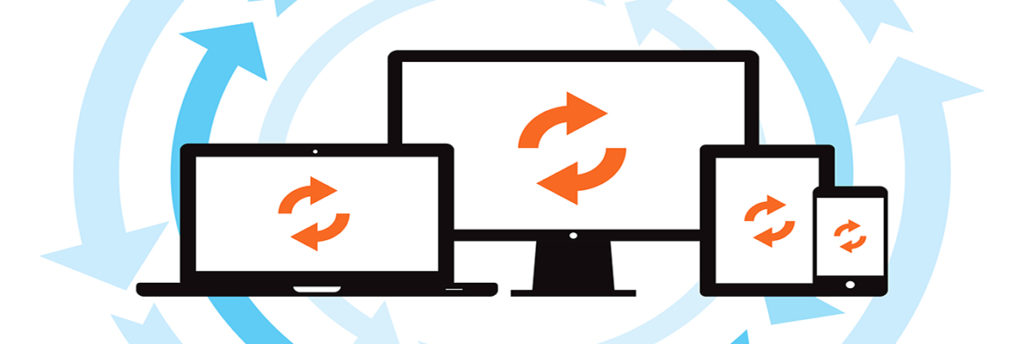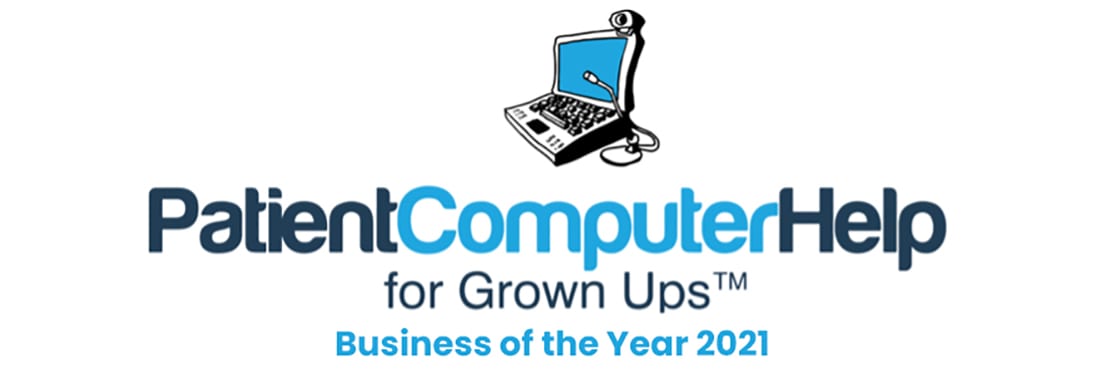
No operating system is created perfectly. They evolve with time, which means that everything from their security to the features they provide will expand as they are improved.
The problem is that many computer users are actually missing out on the additional security, new features and significant changes that Windows updates can bring. They lack both the critical updates and the optional ones, the latter of which is designed to increase the usability of Windows.
Let’s explore a more detailed explanation as to why you should keep your Windows operating system as up-to-date as possible.
Updates Bring Security
The biggest advantage of regularly updating Windows is the way it improves security. Small vulnerabilities in common applications and frameworks could lead to large problems.
Part of updating Windows requires you to update software like Adobe Flash and Sun Java. These frameworks are designed to allow portable applications to run in browsers and by themselves.
The problem with these frameworks is that they are often the target of malicious entities, i.e., the bad guys. For instance, Java has been in the news for having vulnerabilities that could give hackers access to entire devices and all the information they contain.
The only way to prevent this unauthorized access is to update Windows and its components on a regular basis. This prevents many of the defects in software from being used to gain unauthorized access to your computer.
Windows also has a Malicious Software Removal Tool that is part of Windows Update. This tool aims to remove spyware, viruses and other malicious software that may have infected your computer.
Fixing Bugs with Patches
Bugs are defects in software that can do everything from making your computer less secure to affecting the usability of an application. They can make your computing experience significantly less productive and fun than it should be.
Microsoft regularly releases updates designed to make software work better. This may improve how quickly software works, how it affects your overall system, how stable it is, and so on.
The point to take away is that updating Windows regularly will help keep bugs to a minimum. Considering that some of these bugs can result in the inevitable loss of important data, this is a vital part of keeping your computer in tip-top shape.
Adding New Features to Windows
Windows is an operating system designed to fulfill the needs of users at a given time. This is why new features a regularly included with new iterations of Windows operating systems.
What many people fail to realize, however, is that the release version of Windows is far from the final product. Microsoft is constantly developing new software and new features to make Windows even more robust and productive.
Microsoft Edge is an example of a feature that brought many changes to Windows. It was released as an update designed to replace Internet Explorer, which in turn meant that it was built without the security flaws and performance issues that Internet Explorer exhibited.
Edge also brought many new features, such as the search assistant application known as Cortana, to the Windows experience.
While Edge is now bundled with new releases of Windows 10, it was originally available to users by way of Windows Update. Similar features have been released purely through Windows Update.
This means that, if you want to have the best computing experience possible, you should regularly update Windows.
Making Windows Work Better
The last major benefit of keeping Windows updated is the fact that updates tend to make Windows perform better. They may help overcome memory leaks, compatibility problems and other problems that could hinder your computing experience.
Updates will also enable new hardware and software to be used by your computer. This can further improve your experience.
Keeping Windows Updated is Important
The most important thing any Windows user can do is to update their copy of Microsoft Windows. It provides new features, reliability, security and stability.
At Patient Computer Help, we understand that keeping Windows updated can be a difficult task. Some of the things you may have to do can be incredibly confusing, as there is no one-click update for every part of Windows.
We are capable of providing you with the help you need to make your computing experience, efficient, safe and headache-free.
Contact us to learn more about how we can help keep you with your computing needs.



